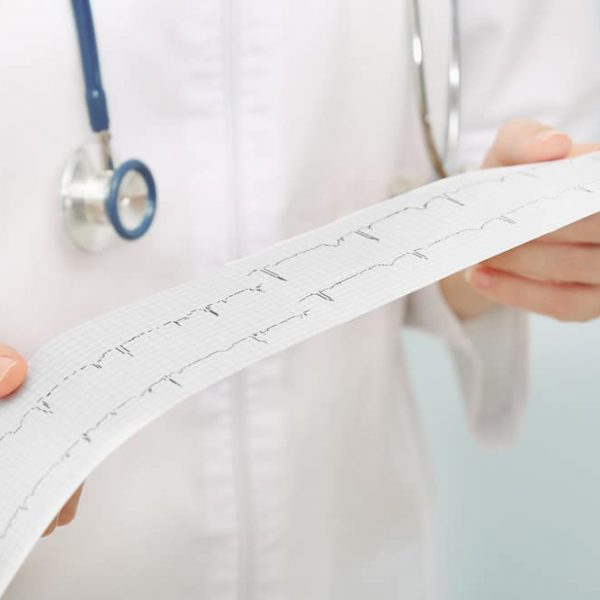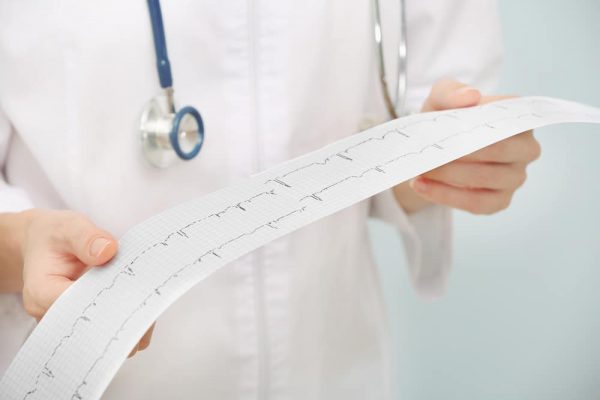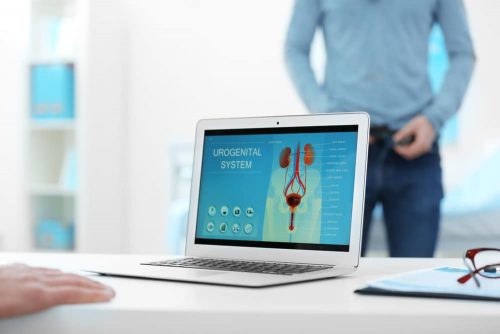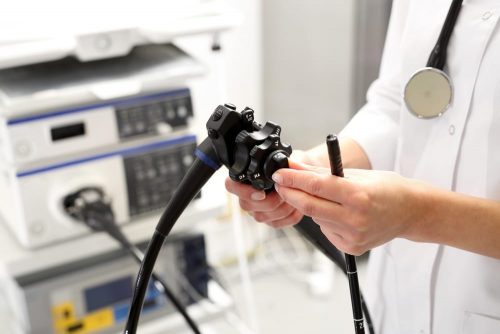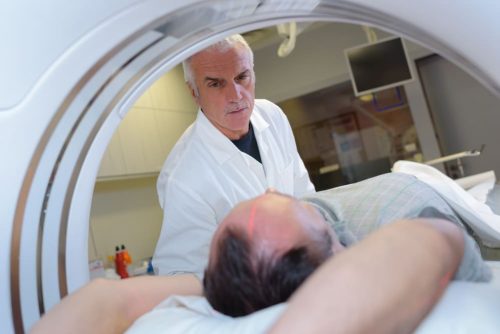Fast appointments to EKG (ECG) tests in Israel
What is a Electrocardiogram?
The ECG test of the heart allows a number of cardiological diagnoses and findings to be made. Get in touch with us for an appointment, whether your doctor suggest to have a Electrocardiography (ECG) test done or whether you have any cardiological symptoms you wish to discuss with a specialist.
Get an Electrocardiogram today (Tel Aviv area, Jerusalem area, Haifa, Herzliya …)
We work with Israel’s leading hospitals and medical centers. If required, we will see for translation of documents, facilitate payment and insurance, and make sure you receive your test-results fast and accurate. Call us now at +972(0)3-374-1889 and get your check done, usually within 24 hours.
What To Know About Electrocardiography (ECG)
Electrocardiography (ECG or EKG) is the process of recording the electrical activity of the heart over a period of time using electrodes placed on the skin. These electrodes detect the tiny electrical changes on the skin that arise from the heart muscle’s electrophysiologic pattern of depolarizing during each heartbeat.
Numerous diagnoses and findings can be made based upon electrocardiography. Amongst them diagnoses causing rate disturbances (Atrial flutter / fibrillation, premature atrial contraction, sinus arrythmia, bradycardia, tachycardia, sinus pause / arrest), heart block and conduction problems, electrolytes disturbances & intoxication, Ischemia and infarction (Myocardial infarction), or structural deficits (Acute pericarditis, ventricular hypertrophy, ventricular strain).
What is a EKG (ECG)?
An electrocardiogram is a simple and painless test that measures your heart’s electrical activity. It is also known as an ECG or EKG. Every heartbeat is triggered by an electrical signal that starts from the top of your heart and travels to the bottom. Some heart problems often affect the electrical activity of your heart.
Who needs a EKG?
Your doctor may recommend an EKG if you are experiencing some symptoms or signs that may suggest a heart problem, that include:
- pain in your chest
- feeling tired or weak
- trouble with breathing
- pounding or fluttering of your heart
- detection of some unusual sounds when your doctor listens your heart
Procedure electrocardiogram
An electrocardiogram is a quick, painless and harmless test. After you change, a technician will attach 12 to 15 soft electrodes with a gel to your chest, arms and legs. These electrodes are attached to electrical wires, which are then attached to the EKG machine.
During the very own test, you will be asked to lie still on a table while the machine records your hearts electrical activity and places the information on the graph. You need to make sure to lie as still as you can and breathe normally. You should not talk during the consultation.
After the procedure the electrodes are removed. The procedure takes about 10 to 15 minutes.
Are there any risks involved?
There are few risks related to EKG. Not so often, people may experience a skin rash where the electrodes were placed, but this will usually go away without any treatment involved.
An EKG, monitors the electrical activity of the heart and it doesn’t emit any electricity and is completely safe.
Results
If the EKG shows normal results, your doctor will likely go over them with you and will immediately contact you, if your EKG shows signs of serious health problems.
Your doctor will use the results from your EKG to determine if any treatment can improve your heart’s condition.
